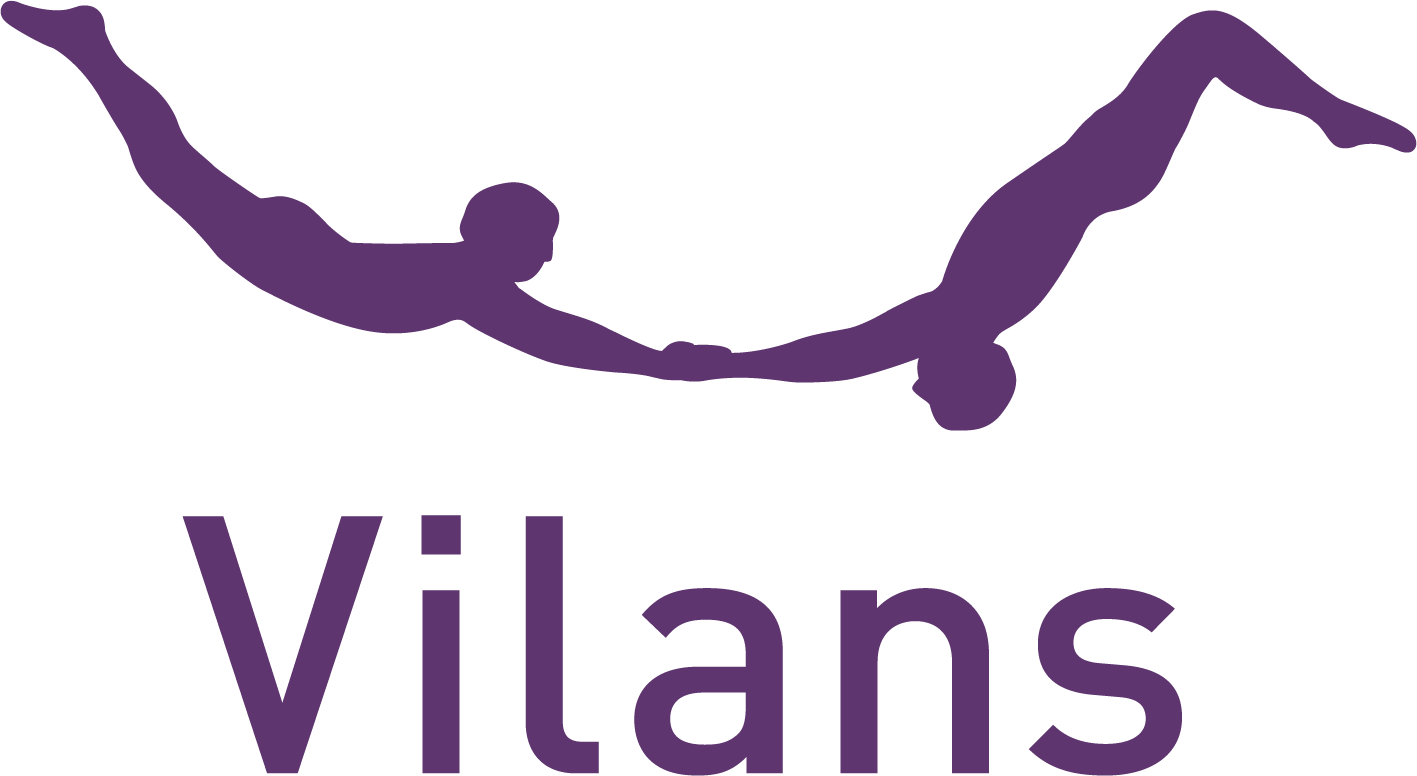Portrait series Reablement: raising awareness
Published on: 26-03-2024
“I actually took everything out of the hands of my colleagues.” More and more care organizations are working on ‘Reablement’ from the perspective of self-reliance, self-direction and autonomy for their residents. But how do you best support clients in this? And how do care workers get used to working with their ‘hands behind their back?” In this portrait series, we take you along to healthcare organizations that are implementing Reablement in their practice. On this occasion, we talk to a care employee at Dutch facility, ZuidOostZorg, who works as a Caregiver Individual (VIG) and First Responsible Caregiver (EVV).
Why do you think it is important to work on self-reliance?
‘I sometimes hear negative comments about Reablement and self-reliance. For example, “So, does that mean not doing anything anymore?” But it doesn’t. By focusing on self-reliance, you actually give the resident something: independence. Caregivers often still provide care based on being hospitable, and that is faster. But by taking things out of residents’ hands, you actually “take away independence. While people are already giving up so much in the nursing home. We should not unnecessarily make residents more dependent on support, because then they have less freedom.
At ZuidOostZorg we also see that self-reliance really benefits people: people gain more self-confidence, and then go a step further: “I didn’t expect this to work, but it did. Maybe I can do more“. It increases residents’ self-esteem. It makes residents less dependent and gives them back autonomy.
What is Reablement?
Older people are living at home longer, and want to be able to manage themselves there as much as possible. ‘Reablement’ has therefore been a popular topic in the Dutch VVT sector for a few years now. Some people think it is old wine in new bottles. Others see in Reablement a wonderful modern development. But we can agree that working on autonomy, self-direction and self-reliance of older people is a great way to make elder care more personal and life-oriented. And that is exactly what we want to achieve with Reablement.
With Reablement, care professionals, together with older people, look at what they would like to be able to do themselves (again). This happens in home care, but also increasingly in nursing homes. For example, would the client like to be less dependent on when the home care or carer comes by? Would like to be able to do their own shopping (again)? Be able to pick up an old hobby again? Then a plan will be made and exercises, aids and technology will be examined to make this possible.
What inspires you to encourage self-reliance?
‘For me, the turning point came when I saw a resident who could no longer remember anything, but could still physically do everything. I saw her busy in the living room. She was a former nurse and wanted to help. She had done that all her life, so that was familiar and made her proud. The pride, especially touched me. I then started looking very critically and realised that it starts with the little things. I then started asking myself more and more, “Why am I doing the little things, like serving coffee?'”
What do you experience in practice around Reablement?
‘I know a resident who is almost blind because a certain connection is not being made in his brain. We put a white line on the floor that the resident can follow to walk from his room to the living room by himself. The resident cannot remember anything and cannot find the white line by himself. But if we help him reach the white line, he can find the way by himself. Getting dressed by himself is not possible for this resident: choosing, grabbing and putting on clothes one piece at a time, is too difficult. We used to hand out everything garment by garment. Now we put clothes down in order of getting dressed, and the resident can dress himself. Dressing now goes as fast as before, but I can help someone else in the meantime. And the resident feels more independent this way.’
How do you encourage self-reliance?
‘I emphasize that we are going to try it together. That I will help. And I also explain why it would be nice for the resident to be able to do something himself. For example, someone did not want to use the Medido (medicine dispenser), and I thought it would be a good solution for that resident. And I get it, because at first I too thought: “it’s not going to work with that technology.” Gradually I found out what helped the resident to try the Medido anyway. I explained that the Medido gives users more freedom and privacy, because you no longer have to wait for us to take your medication on time. I explained that we would try the Medido together, that I would help and that I would also learn a few things. And if it didn’t work, no big deal. Well, then we ran into some problems together. Security, walking ourselves to the living room, and making a phone call if medication was taken too late. But we practiced that together, and the resident managed to start using the Medido properly! So that’s what I really like about Reablement: getting something like that done together. A Yes! moment.’
How do you implement Reablement and self-reliance with your team?
‘I thought about how I could make my colleagues aware during a team meeting of ‘what it means when things are taken over from your control’. I decided to take everything off their hands. For example, I printed out the agenda for everyone, even though everyone had it with them. I put milk in others’ coffee and handed them their coffee. I constantly showed my colleagues that I meant well. I was very friendly. My colleagues thought it was funny at first, but then it generated serious conversations. For example, about the question, “What does it mean for people to do something themselves?”
What tips do you have for colleagues?
The extent to which people suffer from their condition can vary from one moment to the next. Sometimes someone can do something, sometimes not. Take that into account. Have respect for residents. They are the same person as before. It goes without saying that they matter: that should not depend on whether or not they can do something. Look for resources that can help someone. There is a lot available, more than you think. Like a helping hand with a fork to eat independently or a helping hand to turn a page of a book or magazine independently. There are also more and more robots, which make people more self-reliant.’
More information?
Read the first portrait in this series. Want to know more about Reablement at ZuidOostZorg? Visit their website (in Dutch).






